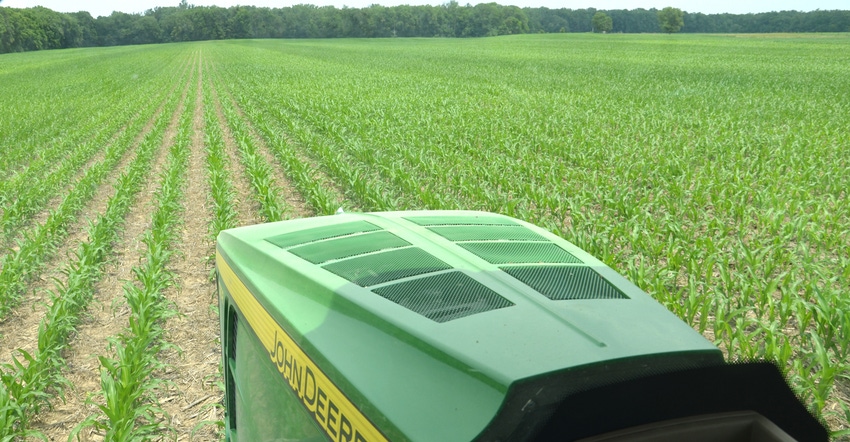April 26, 2021

Transferring a business to a younger person begins when the younger person enters the business and ends when the older person exits the business. The length of this transfer depends on many factors, including the maturity of the younger family member, the skills the younger person brings to the table and the length of time until the older person retires. In this initial stage or testing stage, one of the first questions that needs to be addressed is how to compensate the new operator.
When a new operator or family member enters the farm business, it is often the case that the current owners and operators have little experience working with the incoming individual in a business setting. Performing tasks as a young family member or for another farm is not the same as entering into a business relationship.
For this reason, it is often recommended that the new family member or operator enter a testing stage. The objective or goal of this is to determine whether the new family member or operator really wants to farm and how well everyone will get along. It is difficult for the farm to take advantage of the unique skills of each employee if individuals cannot get along with one another.
Paying wages
Many farms have found that the easiest way to compensate a new family member or operator during the testing stage is to pay them a set wage. The wage should be reasonable but is often less than what the individual could earn in a competing job. In other words, the new individual may be building up some sweat equity during the testing stage.
Though earning a set wage may seem odd or even be frustrating to the newcomer, it does have some advantages for both parties. For the farm operation, it recognizes the fact that creating a new entity or coming up with a mechanism to divide business income is cumbersome and burdensome if the new family member or operator decides to leave the business after a few years.
For the new family member or operator, it provides a wage floor in the scenario that the farm faces a low-income year or several low-income years in a row.
In addition to a set wage, it is possible to create a wage incentive plan that depends on the success of the business. It could be utilized to motivate the new person to take more interest and responsibility in the business. Incentives could be related to management responsibilities, physical and economic performance, or a specific enterprise.
After the testing stage comes the commitment stage. Usually at the beginning of the commitment stage, a mechanism for dividing income is developed. This will be a topic of an upcoming article.
Langemeier is a Purdue University Extension ag economist and associate director of the Purdue Center for Commercial Agriculture. He writes from West Lafayette, Ind.
About the Author(s)
You May Also Like






